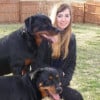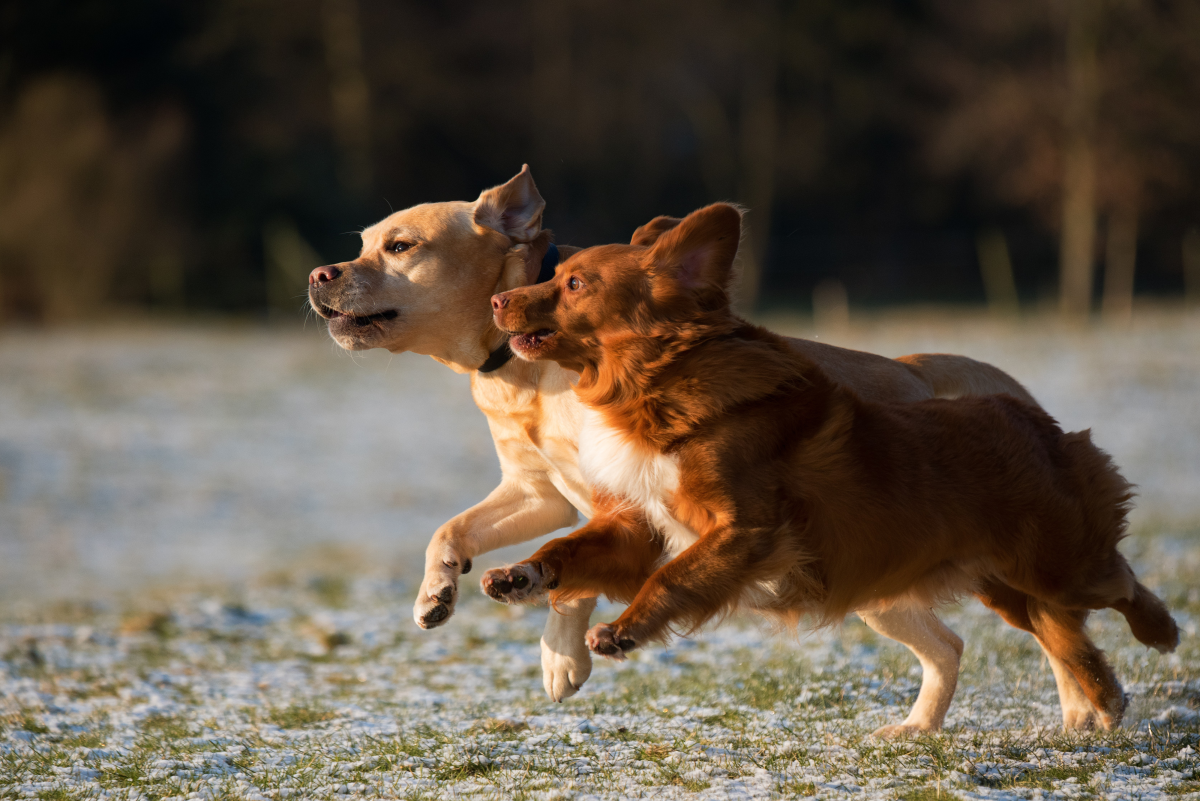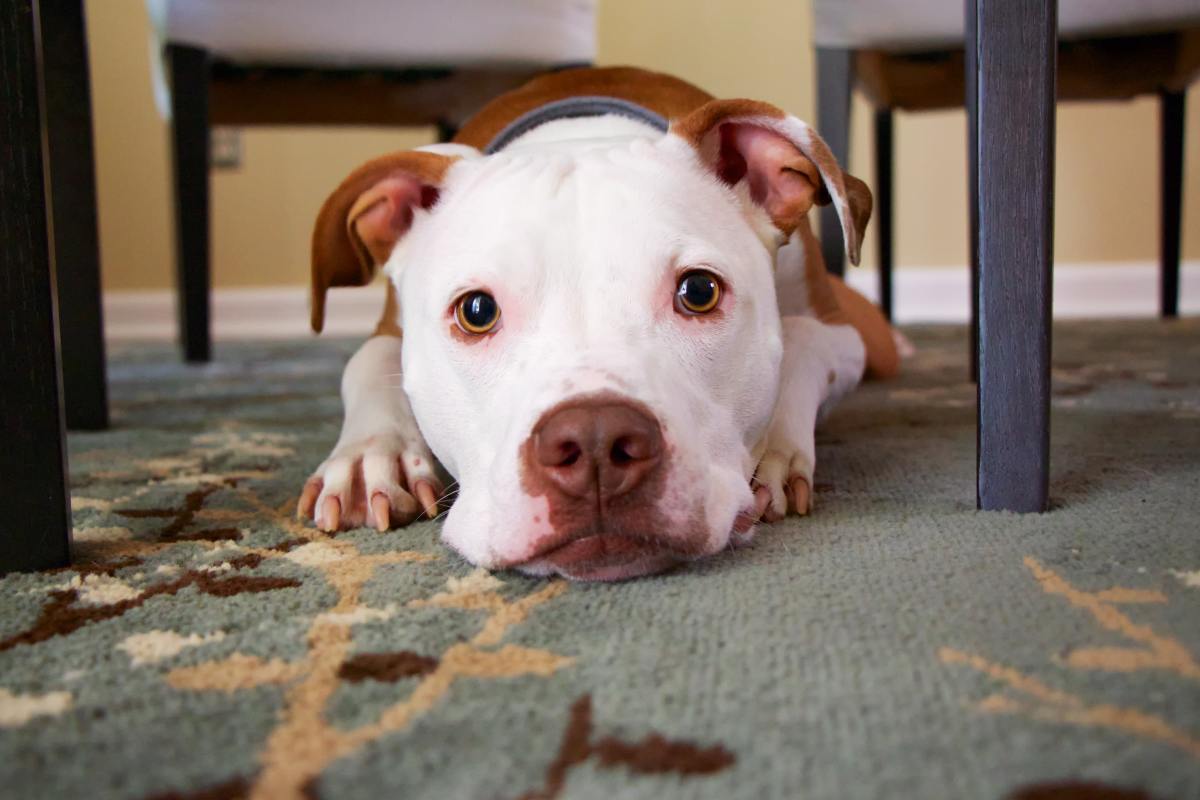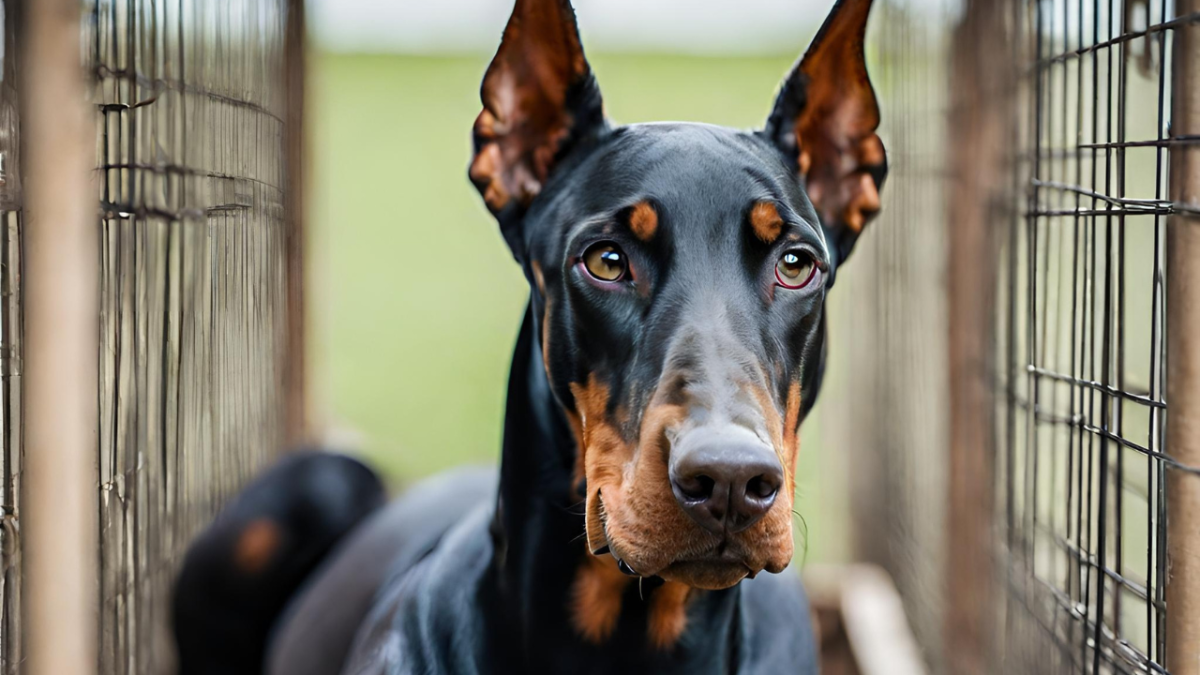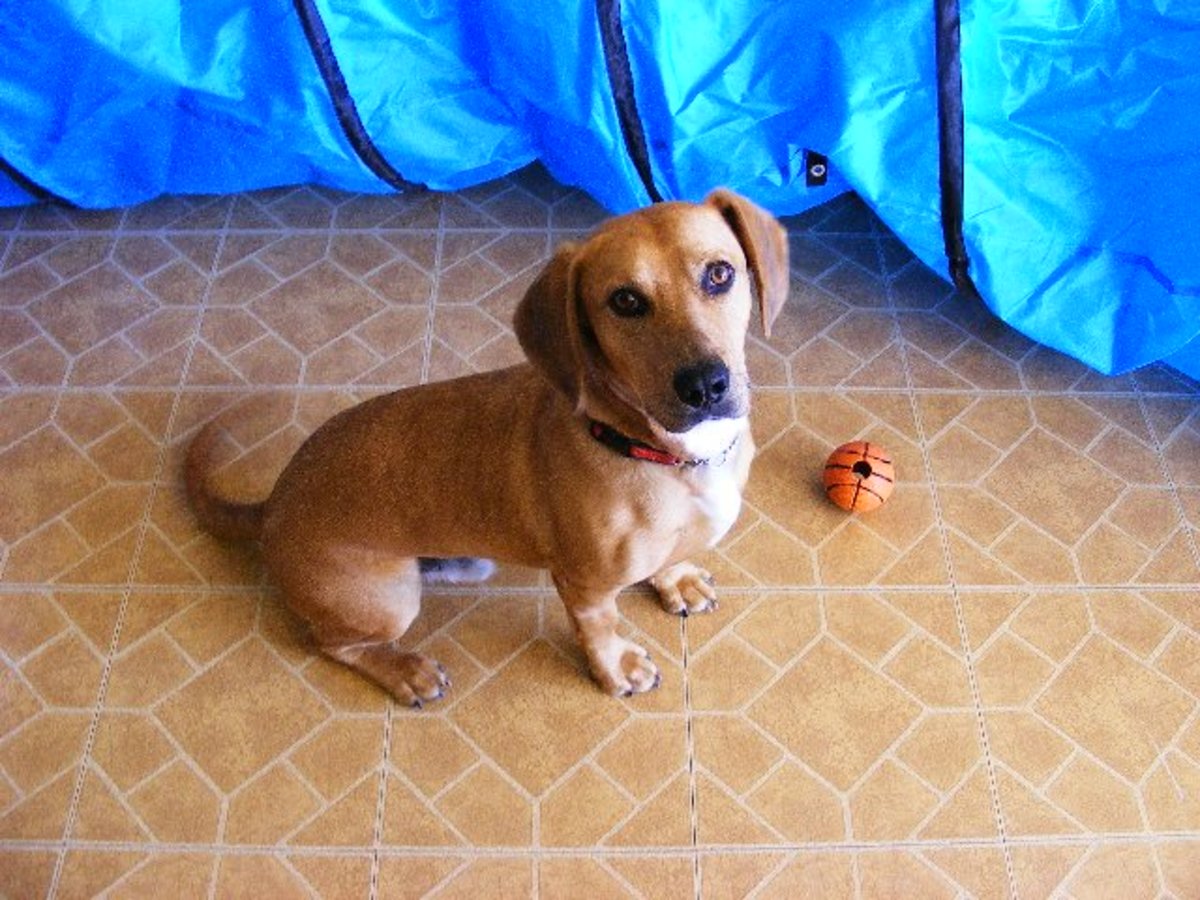How To Help Dogs that are Fearful of the Vet
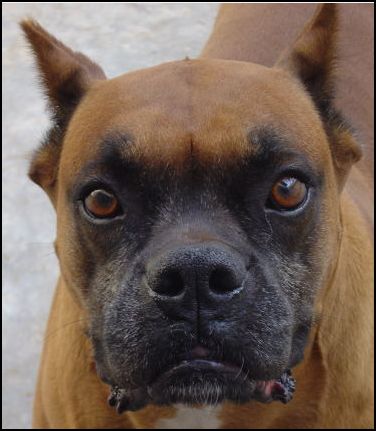
Imagine for a second to be a dog: you are taken out of your home, on a car ride, in an unfamiliar territory and suddenly you find your self introduced to several smells. Very likely you will smell blood, submissive urination, the smell of anal gland secretions (which are often released in fearful dogs), medications, alcohol, and perhaps even sickness and death.
Indeed, a dog's nose knows a lot. There are many scary smells in vet offices that are often not perceived at all by humans. Add then the fact that the dog is handled, given medicines, painful injections and so forth.
As you can see the vet's office may be a far cry from being a pleasant place to be. Many dogs will display their resentment in several ways. Dogs may bark nervously, whine, shake, growl, snap and even bite. Most of these behaviors derive from fear.
Tips on How to Help Your Dog get Used to the Vet
-Play Doctor
It is vital therefore, to start puppies at an early age to get used to seeing the vet. This is accomplished by taking the pup there even if there is no scheduled exam. Simply take your puppy there, have him walk around the office and talk to him in an upbeat tone of voice. Have the staff give lots of attention, treats and praise if possible.
Also work on having him used to having his feet, ears, mouth, abdomen and tail touched.Try to imitate injections by using a syringe with no needle and praise after ward. In simple words, try to play doctor with your puppy so your puppy starts advantaged when his first vet visit is due.
-Socialize
The more your dog is used to seeing new people and going to new places, the more your dog will be able to relax at the vet's office. Ideally, the socialization process should start from puppyhood and continue routinely throughout the dog's life.
-Choose a Great Vet
For older dogs things may be a bit more difficult, especially if deaqling with dogs with an unknown background or dogs that have never seen the vet before. Often the vet used may make a lot of difference. Some dogs like female vets more, some like to be talked to, others like spacious rooms where they do not feel cornered. Other dogs may dislike vets that may be too rushed and busy and therefore, the dog dislikes being handled that way. Finding a vet that loves dogs and likes to take their time to help the dog relax can be a real blessing.
-Watch Your Emotions
Are you a bit nervous as well when you take your dog to the vet? Very likely your dog will pick up on that energy. Dogs are very good in reading your feelings and emotions. Indeed, if your dog is a bit on edge at the vet, if he picks up your nervousness as well, very likely he will find more motivation to be fearful. This sets the dog up for failure.
You should try instead to change your emotions. Get out of the office for a few seconds, walk your dog around the block and promise yourself to get back in in a better state of mind. Talk to your dog in an upbeat manner, and let the good, calm, energy flow. You may see an instant change in your dog as well, Remember as well, to take your dog often to the vet's office just to stop by and say hello every now and then.
-Muzzle
If your dog is particularly nervous at the vet, it is a good idea to have him muzzled just to play it safe. Some dogs may growl and bite out of fear especially if they feel like they are cornered. But before doing this at the vet, try to allow your dog to wear the muzzle at home just to prevent another traumatic experience to add on top of another.
As seen, there is a lot you can do to help your dog accept vet visits. However, all it takes often is one traumatic expereince, and your dog may be affected by this for life. So try to keep vet visits as pleasant as possible, it is surely worth it!
- Old dog behavior changes
Owners of geriatric dogs often call their veterinarian office concerned about their dog's recent behavior changes. They may report that their dog may wake up in the middle of the night and start howling.... - Causes of Aggression in Dogs
Defining a dog as aggressive is pretty generic because dogs may be affected by different types of aggression. In order to properly assess aggression in dogs it is fundamental therefore to resort to... - How to Approach a Dog for the First Time
It could occur that one day there may be a stray dog walking around your property or that you want to get acquainted with your friend's new dog, how do you approach the dog? Do you walk up to him? Do you wait... - Causes of Aggression in Dogs
Defining a dog as aggressive is pretty generic because dogs may be affected by different types of aggression. In order to properly assess aggression in dogs it is fundamental therefore to resort to...
